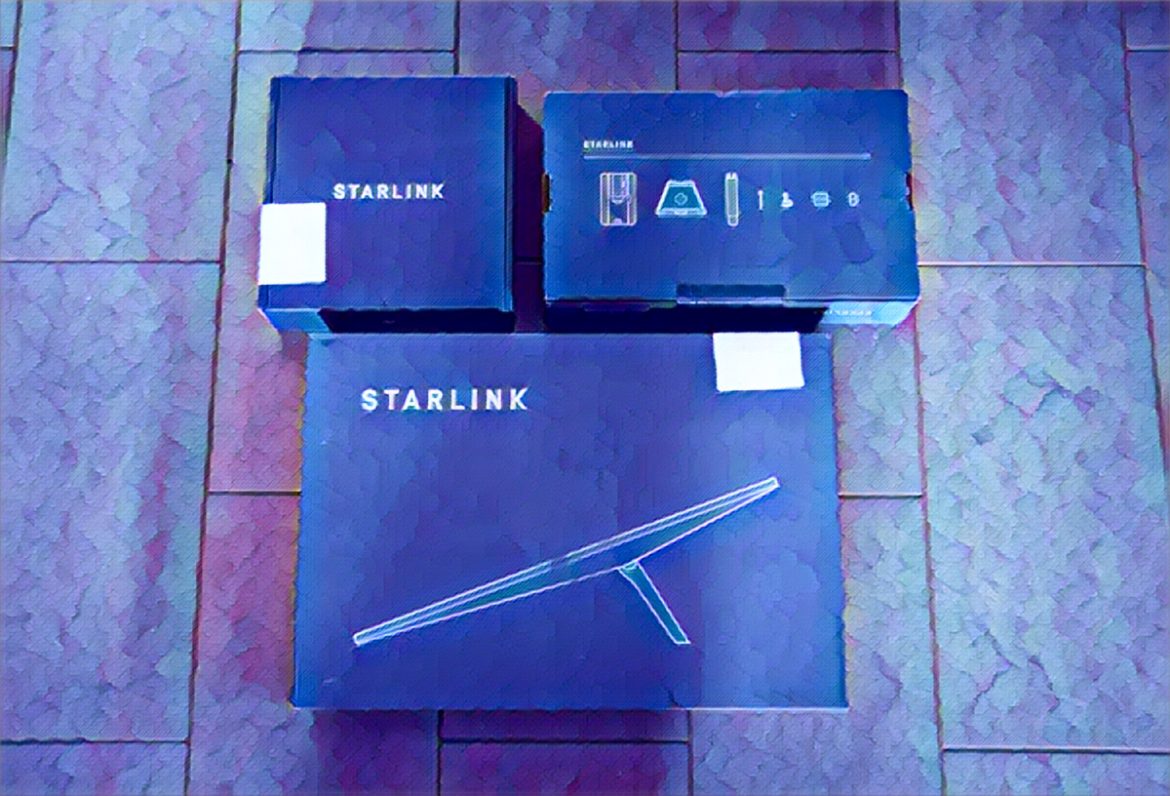KEY POINTS
- Starlink terminals have sold out in Zimbabwe’s capital, Harare.
- Local internet providers are cutting prices to compete with Starlink’s service.
- Starlink’s global satellite network offers high-speed internet in underserved areas.
Starlink terminals in Zimbabwe’s capital, Harare, have sold out just two months after Elon Musk’s company received permission to operate in the southern African nation.
The high-speed internet service, offered by SpaceX’s Starlink, has generated significant demand, leading to a complete sell-out of the terminals, leaving consumers unable to place new orders for the time being.
Soaring demand and market impact
Together with Nigeria, Zimbabwe is now one of just two African nations whose Starlink terminals have sold out.
Similar increases in demand have been seen in Nigeria’s cities of Abuja, Kano, Lagos, Port Harcourt, and Warri. This increased demand for Starlink’s services represents a dramatic change in both countries’ internet environments.
Instead of purchasing the terminals from local street vendors that used to resell the kits at exorbitant prices, customers in Zimbabwe have flocked to the Starlink website to place direct orders. These markets have therefore crashed.
In the meantime, regional internet service providers are cutting their rates in an effort to keep clients and compete with the American digital behemoth.
Starlink’s global reach
Starlink, which serves over 2.6 million customers worldwide, delivers broadband internet using a constellation of 5,500 satellites launched by SpaceX.
According to New Zimbabwe, the service has proven particularly appealing in regions with limited internet infrastructure, such as rural areas in Africa, where high-speed connectivity is often unavailable.
The rise of Starlink has prompted local telecom companies in Zimbabwe to rethink their pricing strategies.
As they attempt to compete with the advanced satellite service, the growing demand for Starlink could further shake up the domestic market, pushing providers to innovate and enhance their offerings.
Future prospects for Starlink in Africa
Starlink’s success in Nigeria and Zimbabwe may open the door for additional expansion throughout the African continent as it grows.
The service has become a popular option in locations where traditional carriers find it difficult to provide dependable access because of its capacity to reach underserved areas and its fast internet speeds.
In an effort to hold onto market share, local rivals will probably keep lowering costs and raising the caliber of their services.
The future of internet service in the area will be influenced by Starlink’s ongoing growth and the competition it fosters as Zimbabwean authorities and customers adapt to this new competitor in the market.


